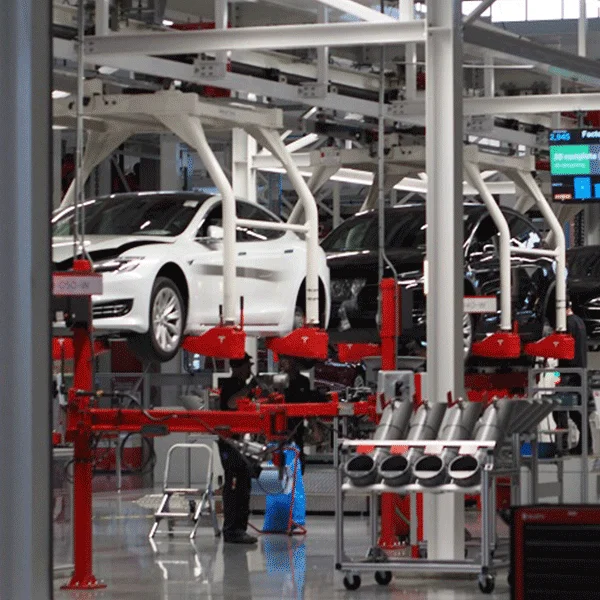MANUFACTURING
MANUFACTURING
Manufacturing is the process of converting raw materials into finished products through the use of labor, machinery, tools, and chemical or biological processing. It is a critical sector of the global economy, encompassing industries such as automotive, electronics, food and beverage, pharmaceuticals, and textiles. Below is a brief overview of the manufacturing industry:
Key Components of Manufacturing
- Product Design and Development:
- Creating prototypes and designs for new products.
- Using CAD (Computer-Aided Design) software and engineering principles.
- Production Planning:
- Planning the manufacturing process, including resource allocation and scheduling.
- Ensuring efficient use of materials, labor, and equipment.
- Material Sourcing:
- Procuring raw materials and components from suppliers.
- Ensuring quality and cost-effectiveness.
- Production Processes:
- Using machinery, tools, and assembly lines to manufacture products.
- Implementing techniques like machining, molding, welding, and 3D printing.
- Quality Control:
- Inspecting products to ensure they meet quality standards and specifications.
- Identifying and resolving defects or inefficiencies.
- Packaging and Distribution:
- Packaging finished products for storage and shipment.
- Coordinating logistics to deliver products to customers.
- Maintenance and Safety:
- Maintaining machinery and equipment to ensure smooth operations.
- Implementing safety protocols to protect workers and comply with regulations.
Key Roles in Manufacturing
- Production Worker:
- Operates machinery and assembles products on the production line.
- Performs tasks like welding, machining, or packaging.
- Quality Control Inspector:
- Inspects products for defects and ensures they meet quality standards.
- Uses tools like calipers, gauges, and testing equipment.
- Manufacturing Engineer:
- Designs and improves manufacturing processes and systems.
- Implements automation and efficiency measures.
- Machine Operator:
- Operates and maintains specialized machinery, such as CNC machines or presses.
- Ensures machines are functioning correctly and safely.
- Production Manager:
- Oversees manufacturing operations and ensures production targets are met.
- Manages teams, schedules, and resources.
- Maintenance Technician:
- Repairs and maintains manufacturing equipment to prevent downtime.
- Diagnoses and fixes mechanical or electrical issues.






